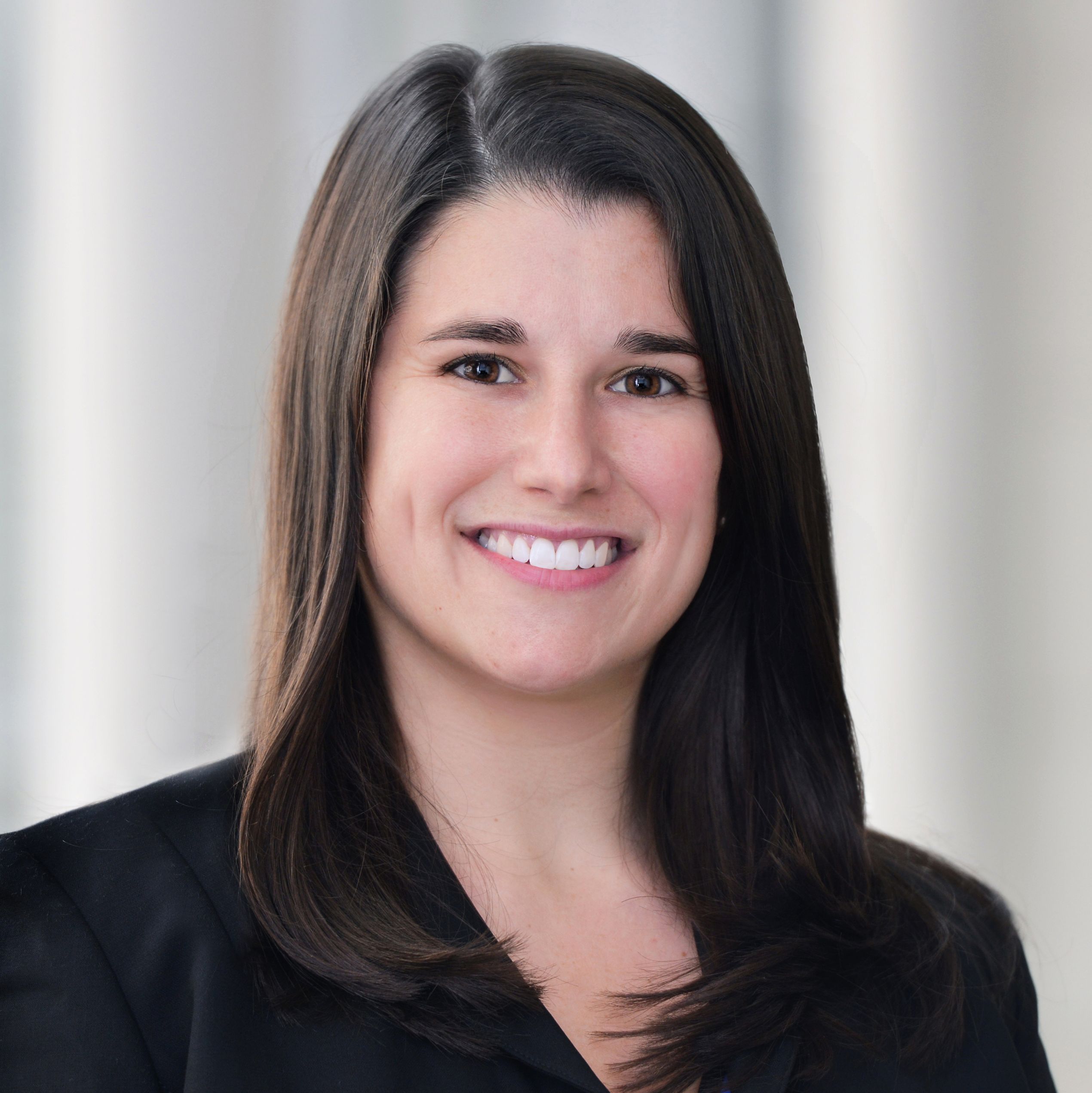Keep Calm, and Carry On: Practicing Trauma-Informed Telehealth
This activity has been archived and credit is no longer available.
In this presentation, discussants Dr. Megan Gerber, Dr. Regina Jacob, Dr. Martina Jelley, and Dr. Amy Weil examine the issues surrounding physicians practicing telemedicine who must engage with patients who are experiencing the effects of trauma. They define trauma and discuss the attending neurobiological effects, and they offer strategies on how to adopt a trauma-informed approach with patients to improve patient physical, mental, and emotional health.
This Ben Taub General Hospital - Internal Medicine Series session took place on Wednesday, October 13, 2021 at 12:15 P.M. and has been approved for Ethics Credit.
Activity Information
This activity has been archived and credit is no longer available.
Needs Statement
Faculty physicians and allied health practitioners actively involved in patient care in both the inpatient and outpatient setting at BTH, HHS, BCM CHI St. Luke's, the VA, and the Baylor Clinic need to be updated on strategies for implementing new educational techniques, synthesizing and applying the evidence on current general medicine topics, and analyzing effective transitions of careand other systems based practices. The series aims to broaden the awareness of learners in these topic areas and enhance their skills to improve patient outcomes.
Educational Objectives
At the conclusion of the session, the participants should be able to:
- Summarize the neurobiological consequences of trauma, including adverse childhood experiences, intimate partner violence, and community trauma and how they negatively impact health.
- Demonstrate patient interview skills, clinical exam skills, and counseling and emotional support skills that can be implemented during the telehealth patient encounter and that form the basis of trauma-informed care.
- Apply a trauma-informed approach for all patient telehealth encounters to work towards healing.
Target Audience
Professional Categories
- Physicians
- Medical Students
- Fellows
- Residents
- Nurses
- Other Health Professionals
Specialties
- Internal Medicine
Interest Groups
- Primary Care
- Telehealth
Activity Evaluation
Evaluation by questionnaire will address program content, presentation, and possible bias.
Accreditation/Credit Designation
Baylor College of Medicine is accredited by the Accreditation Council for Continuing Medical Education (ACCME) to provide continuing medical education for physicians.
Baylor College of Medicine designates this enduring material activity for a maximum of 0.75 AMA PRA Category 1 Credit(s)™. Physicians should claim only the credit commensurate with the extent of their participation in the activity.
This activity has been designated by Baylor College of Medicine for 0.75 credit of education in medical ethics and/or professional responsibility.
Activity Directors
Disclosure Policy
Baylor College of Medicine (BCM) is accredited by the Accreditation Council for Continuing Medical Education (ACCME) to provide continuing medical education (CME) for physicians. BCM is committed to sponsoring CE activities that are scientifically based, accurate, current, and objectively presented.
In accordance with the ACCME Standards for Commercial Support, BCM has implemented a mechanism requiring everyone in a position to control the content of an educational activity (i.e., directors, planning committee members, faculty) to disclose any relevant financial relationships with commercial interests (drug/device companies) and manage/resolve any conflicts of interest prior to the activity. Individuals must disclose to participants the existence or non-existence of financial relationships at the time of the activity or within 24 months prior.
In addition, BCM has requested activity faculty/presenters to disclose to participants any unlabeled use or investigational use of pharmaceutical/device products; to use scientific or generic names (not trade names) in referring to products; and, if necessary to use a trade name, to use the names of similar products or those within a class. Faculty/presenters have also been requested to adhere to the ACCME's validation of clinical content statements.
BCM does not view the existence of financial relationships with commercial interests as implying bias or decreasing the value of a presentation. It is up to participants to determine whether the relationships influence the activity faculty with regard to exposition or conclusions. If at any time during this activity you feel that there has been commercial/promotional bias, notify the Activity Director or Activity Coordinator. Please answer the questions about balance and objectivity in the activity evaluation candidly.
All of the relevant financial relationships listed for these individuals have been mitigated.
Disclosures
The following individual(s) has/have reported financial or other relationship(s) with commercial entities whose products/services may relate to the educational content of this activity:
Presenters
-

-

Regina Jacob, M.D., M.S.C.E.
Associate Professor
Lewis Katz School of Medicine
Disclosure:
Nothing to disclose.
-

Martina Jelley, M.D., M.S.P.H
Professor
University of Oklahoma School of Community Medicine
Disclosure:
Nothing to disclose.
-

Amy Weil, M.D.
Professor
University of North Carolina School of Medicine
Disclosure:
Nothing to disclose.
Activity Directors
-

Joslyn W. Fisher, M.D., M.P.H.
Associate Professor
Baylor College of Medicine
Disclosure:
Nothing to disclose.
-

Cara A. Foldes, M.D., M.P.H.
Assistant Professor
Baylor College of Medicine
Disclosure:
Nothing to disclose.
Planning Committee Members
-

Joslyn W. Fisher, M.D., M.P.H.
Associate Professor
Baylor College of Medicine
Disclosure:
Nothing to disclose.
-

Cara A. Foldes, M.D., M.P.H.
Assistant Professor
Baylor College of Medicine
Disclosure:
Nothing to disclose.
-

-

Kristen Lavere, M.D.
Internal Medicine Resident
Baylor College of Medicine
Disclosure:
Nothing to disclose.
-

Chirayu Shah, M.D., M.Ed.
Associate Professor
Baylor College of Medicine
Disclosure:
Nothing to disclose.
-

Stephanie Sherman, M.D.
Associate Professor
Baylor College of Medicine
Disclosure:
Nothing to disclose.